
Thank you to all who made the 2023 ISPE Pharma 4.0™ and Annex 1 Conference such a big success!

Discover how Pharma 4.0™ principles and digitalization transform operations, quality, and maintenance within the pharmaceutical landscape.
![]()
Learn strategies for implementing the latest Annex 1 version through real-world case studies, ensuring smooth operational changes and hardware integration.
Dive into the impact of automation on cutting-edge processes like ATMPs and gene therapy, redefining how we work.
Uncover how rapid microbial monitoring enhances quality control precision and streamlines supply chains.
Hear from industry leaders and regulators who will share their perspectives on the future of pharmaceuticals.
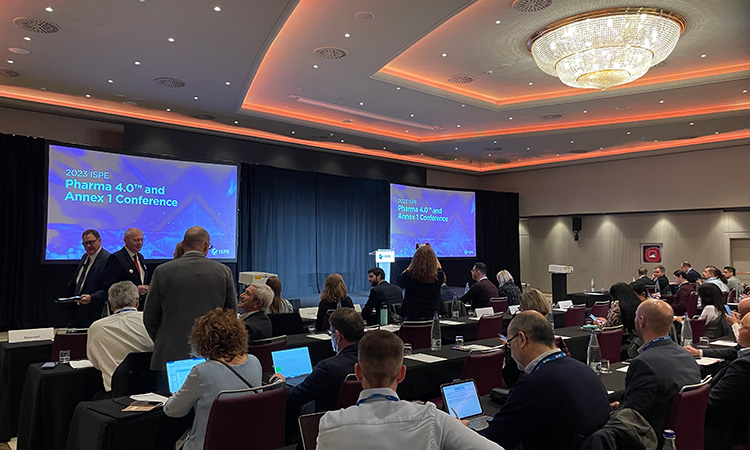
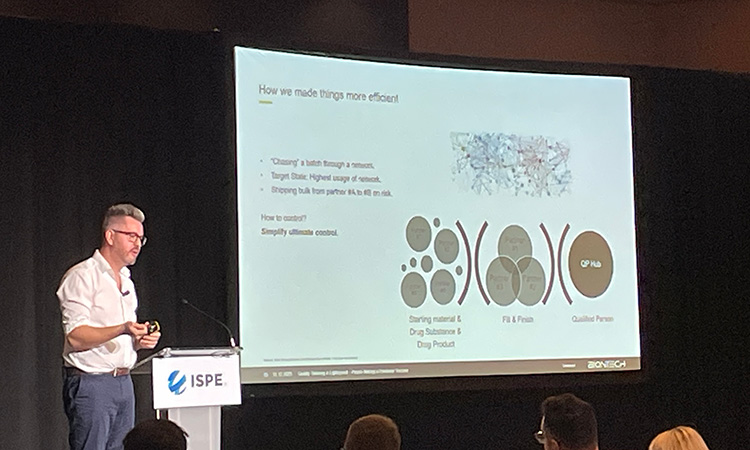
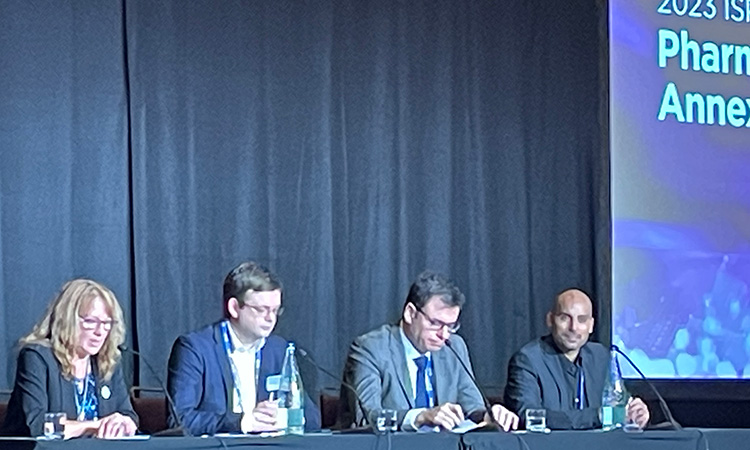
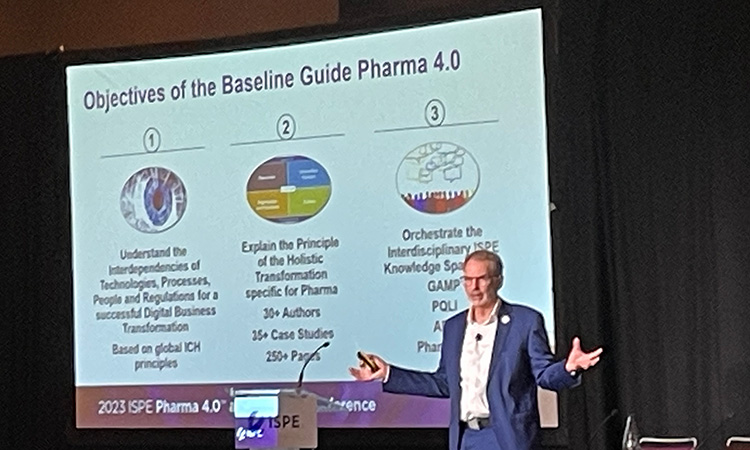
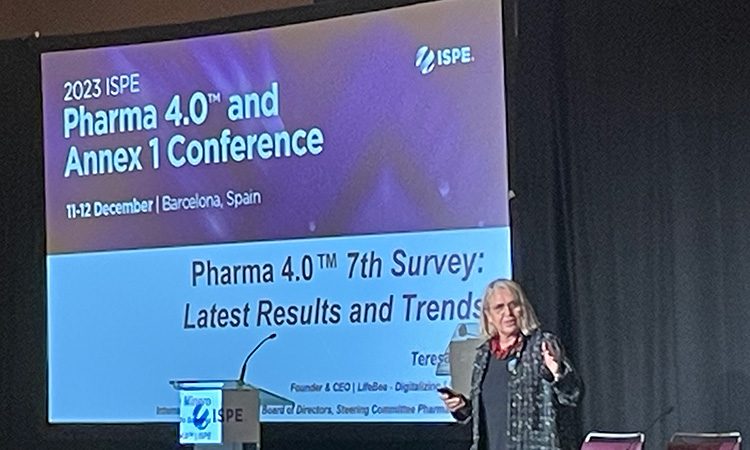
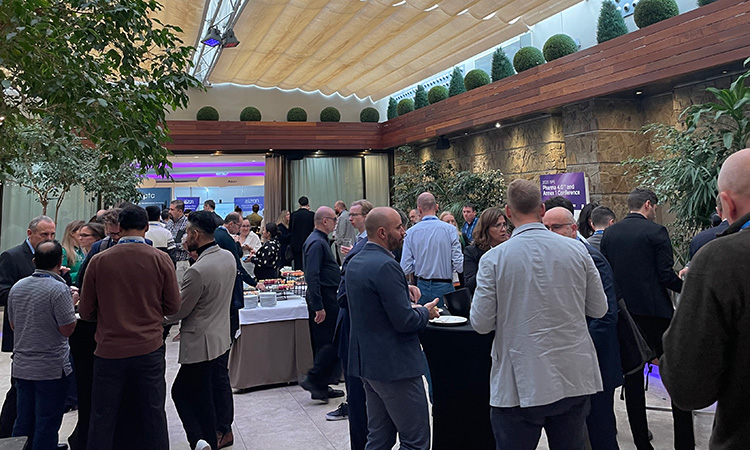
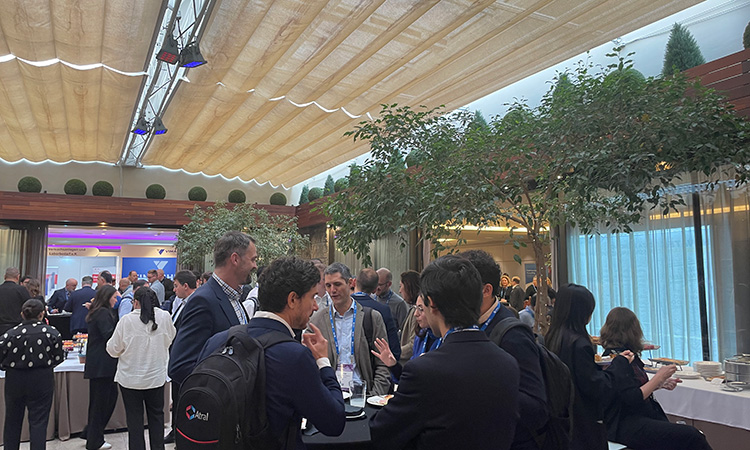

"See new technologies, connection with suppliers and other companies."
"It opened my mind to a more holistic approach and importance of holistic road map with focus on pain points."
"The great mix of regulators, inspectors, Pharma companies and Pharma vendors."
"The networking opportunities and annex 1 experts were valuable."
"The exchange with the other participants, the present regulators and the ISPE organizers."
"The ability to finally understand the impact of Annex 1 on our equipment."
"Accessibility of multiple vendors to ask questions and build initial relationships."
"Networking with people from the industry, speeches are very informative."
"The event draws a diverse crowd with a wide range of experience."
"See new technologies, connection with suppliers and other companies."
"It opened my mind to a more holistic approach and importance of holistic road map with focus on pain points."
"The great mix of regulators, inspectors, Pharma companies and Pharma vendors."
"The networking opportunities and annex 1 experts were valuable."
"The exchange with the other participants, the present regulators and the ISPE organizers."
"The ability to finally understand the impact of Annex 1 on our equipment."
"Accessibility of multiple vendors to ask questions and build initial relationships."
"Networking with people from the industry, speeches are very informative."
"The event draws a diverse crowd with a wide range of experience."
"See new technologies, connection with suppliers and other companies."
In the beautiful city of Barcelona, Spain, ISPE will host members, vendors, pharmaceutical companies, consulting firms, and design companies for the 2023 ISPE Pharma 4.0™ and Annex 1 Conference on...
I have been active in ISPE for many, many years, but when I attended my first ISPE Pharma 4.0™ and Annex 1 Conference in Manchester back in 2019, I was surprised by how few people I knew. I realized that my network within ISPE was very much focussed on Aseptic, Manufacturing, and Quality, and not so much on Digitalization and Pharma 4.0™.
At the 2023 ISPE Pharma 4.0™ & Annex 1 Conference in Barcelona, Spain and virtual, Track #6 will focus on
There are opportunities abound to transform inefficient production processes from the supply chain through the entire manufacturing process using existing and new digital technologies to significantly enhance overall operational efficiencies. Discover the cutting-edge advancements in these essential business areas at the
PIC/s Annex 1, and the WHO Annex 2 for the manufacturing of sterile products took effect on 25 August 2023, and the time to attend the 2023 ISPE Pharma 4.0™ and Annex 1 Conference couldn’t be better. The Equipment Innovation and Annex 1 Implementation Track Co-leads Richard Denk and Matthew Gorton and the Emerging Leader Co-lead Pol Bonet invite you to join them for this exciting event in...
In the beautiful city of Barcelona, Spain, ISPE will host members, vendors, pharmaceutical companies, consulting firms, and design companies for the 2023 ISPE Pharma 4.0™ and Annex 1 Conference on...
I have been active in ISPE for many, many years, but when I attended my first ISPE Pharma 4.0™ and Annex 1 Conference in Manchester back in 2019, I was surprised by how few people I knew. I realized that my network within ISPE was very much focussed on Aseptic, Manufacturing, and Quality, and not so much on Digitalization and Pharma 4.0™.
At the 2023 ISPE Pharma 4.0™ & Annex 1 Conference in Barcelona, Spain and virtual, Track #6 will focus on
There are opportunities abound to transform inefficient production processes from the supply chain through the entire manufacturing process using existing and new digital technologies to significantly enhance overall operational efficiencies. Discover the cutting-edge advancements in these essential business areas at the
PIC/s Annex 1, and the WHO Annex 2 for the manufacturing of sterile products took effect on 25 August 2023, and the time to attend the 2023 ISPE Pharma 4.0™ and Annex 1 Conference couldn’t be better. The Equipment Innovation and Annex 1 Implementation Track Co-leads Richard Denk and Matthew Gorton and the Emerging Leader Co-lead Pol Bonet invite you to join them for this exciting event in...
In the beautiful city of Barcelona, Spain, ISPE will host members, vendors, pharmaceutical companies, consulting firms, and design companies for the 2023 ISPE Pharma 4.0™ and Annex 1 Conference on...
I have been active in ISPE for many, many years, but when I attended my first ISPE Pharma 4.0™ and Annex 1 Conference in Manchester back in 2019, I was surprised by how few people I knew. I realized that my network within ISPE was very much focussed on Aseptic, Manufacturing, and Quality, and not so much on Digitalization and Pharma 4.0™.
